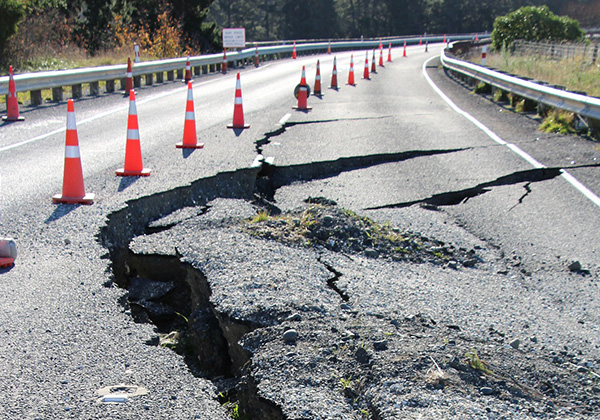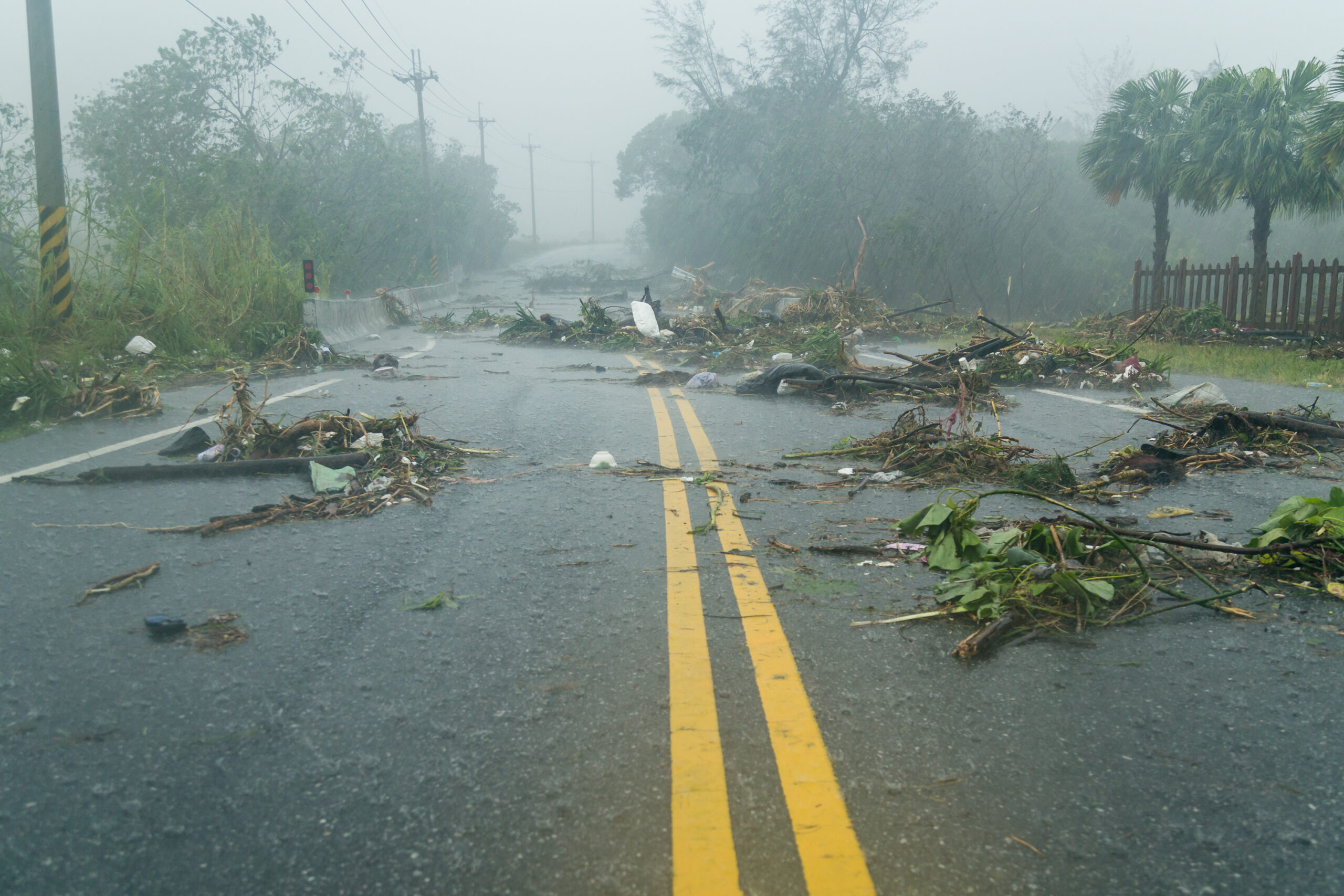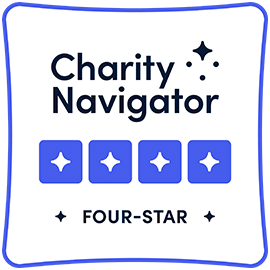Disaster Tip Sheets: Earthquakes
Preparing Your Health for Earthquakes
- View Healthcare Ready’s blog on the refill-too-soon laws by state.
- Keep heavy items in your home secured
- Keep a list of your local healthcare facilities, with addresses, phone numbers, and emails/websites
- Consider these facilities: Hospitals/ERs
- Pharmacies
- Urgent care clinics
- Ancillary care:
- Dialysis Centers, Cancer Treatment Centers
- Practice the “Drop, Cover, and Hold On” steps to take during an earthquake
- Drop: Drop on your hands and knees (If you use a walker or wheelchair, use this step to lock your wheels)
- Cover: Cover your head or get under a table if you are able (If you use a walker or wheelchair, sit on your walker or crouch your torso down towards the wheelchair and cover your head)
- Hold on: Hold on to a steady surface or, if you are unable to, hold on to your neck with locked hands
- Keep a “go-bag” of emergency supplies ready, including your medications
- Suggested items: first aid kit, flashlight, portable radio, NOAA weather radio, batteries, whistle, blankets, sanitation items, important documents, and cash if possible
- Pack all medications in a resealable, waterproof bag
- Plan for any chronic conditions you may have
- Diabetes: Talk to your pharmacist about keeping a supply of insulin on hand – Try to refrain from eating sugar and other carbohydrates
- Kidney disease: Make sure you have access to dialysis treatment and use the renal diet
- Cardiovascular disease & hypertension: Try to refrain from high-salt and fatty food and aim for 30 minutes of activity a day to manage your blood pressure
- Pulmonary disease: Work with your supplier to understand options for keeping resupplies of oxygen with you
- Disability: Develop alternative transportation plans and identify a trusted caretaker if necessary
- Aging: Post emergency numbers near every house phone and cellular phone
- Asthma: Have a plan to ensure you have a supply of your asthma medications and supplies
- Cancer: If you have a cancer survivorship care plan, keep a copy handy and take steps to lower your risk for infections
- Keep a list of helpful hotlines
- Healthcare Ready: 1-866-247-2694
- FEMA Disaster Assistance Helpline: 1-800-621-3362
- Disaster Distress Helpline: 1-800-985-5990 (or text “TalkWithUS” to 66746)
- Kidney Community Emergency Response (KCER): 1-866-901-3773
- Red Cross: 1-800-733-2767
- American Diabetes Association: 1-800-342-2283
- American Heart Association: 1-800-242-8721
- American Association of People with Disabilities: 1-800-840-8844
- American Stroke Association: 1-888-478-7653
Recovering from an Earthquake
- Be mindful of aftershocks that are likely to come after the earthquake and can be nearly as powerful
- Check home for damages and gas leaks
- Use caution when cleaning up debris and don’t overexert yourselfAlways wear gloves, masks, and protective eyewear, and beware of glass, nails, and other sharp objects
- If you are cut or scraped, clean and disinfect the wound thoroughly and keep it covered, especially if you have cancer or are otherwise immunocompromised
- Contact family and friends to let them know you are safe
- Check in on your loved ones that may need support
- Use text messages instead of phone calls because phone lines might be down
- Check with your health insurance provider for emergency support resources and hotlines
- Start by calling the number on the back of your insurance card for assistance
- If you don’t have insurance, call 2-1-1 and ask about local services that may be able to help
- If there is a disaster declaration, you can also try to apply for FEMA Disaster Assistance for financial support by calling 800-621-3362 or visiting DisasterAssistance.gov
Other Disaster Tip Sheets

Download our Earthquake Tip Sheet here:
This Tip Sheet was created thanks to the generous support of Eli Lilly







